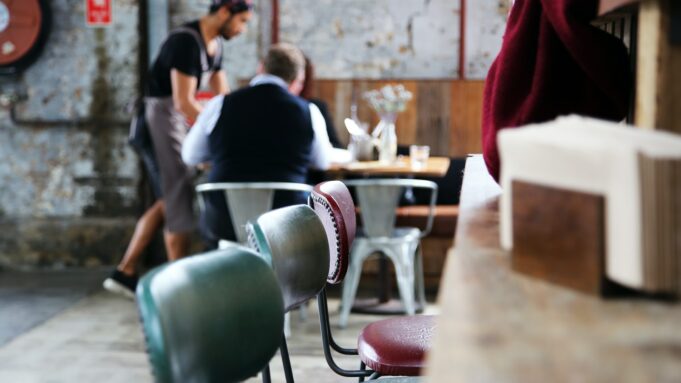The hospitality industry has been one of the most adversely affected sectors in the UK since 2019.
The multiple lockdowns and travel ban significantly reduced tourism, impacting many hotels and secondary businesses that rely on tourism. But even as this industry reels from the effects of COVID, they face yet another hurdle, the rising costs of living.
The UK’s energy costs have spiralled and more than doubled since 2019. Add the inflation costs that have seen the price of food rise by more than 15% and the high mortgage bills, and you’ll see why the hospitality industry is on the brink of collapse.
Who Pays These Costs?
Many business owners are now transferring these costs to customers, which has made their services more expensive. As more people seek to cut costs during travel, many businesses face closure due to fewer customers and bookings. As a result, many people nowadays opt for cheaper B&Bs that offer self-catering. Others prefer booking places that offer free extras to cut down on costs.
Since Brexit, the UK has also faced a labour shortage, with hotels and restaurants feeling the brunt of it due to a scarcity of chefs and other workers. This has been further worsened by the wage inflation that has made the recruitment process more expensive and increased the business operating costs in terms of wages and salaries.
Hertfordshire hotel – Shendish Manor, looked into a recent survey that showed about one in every five business owners in the hospitality industry face closure due to the current economic crisis. In addition, more than half of business owners have been forced to increase their prices, leading to steep costs that few can afford. The survey also showed that 60% of hospitality business owners were no longer profitable, with more than 25% of businesses reporting a lower turnover than in similar months last year.

Emergency Government Support
Accommodation and food service firms now face a huge challenge in balancing costs while still trying to remain competitive and profitable. As businesses close for the winter, many are unsure about the future. Although Liz Truss tried to cushion businesses for six months by offering an emergency government support package on energy costs, most businesses still paid more than double what they used to.
It has become even harder to plan for 2023 since business owners have yet to determine if the government will continue the energy cap program after six months. Players in the hospitality industry are now calling on the government to do something about the runaway inflation and high energy costs. Hopefully, the new Prime Minister, Rishi Sunak, will develop policies that will reduce nervousness in the industry and reassure the business community.
Images via unsplash














